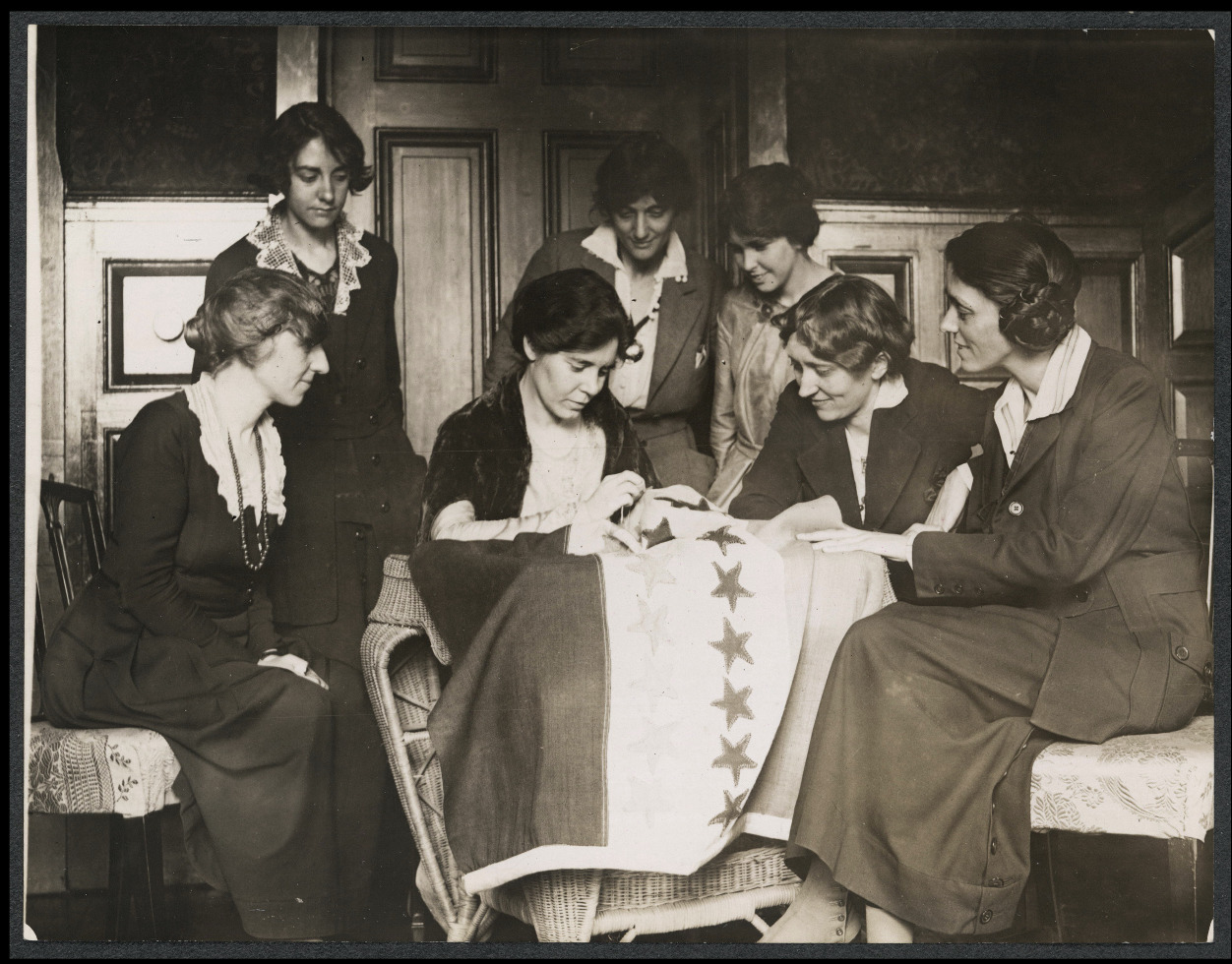Historiography
On the topic of first-wave feminism, much of what has been written and produced is about women's suffrage and the journey to ratification of the 19th amendment. Although the first wave of feminism also gave rise to arguments for equality for women, most research I did still focused on the right to vote and claimed that women hoped to gain this right in order to be able to enact political change in the future. Furthermore, most sources about first-wave feminism and women's suffrage are heavily centered on white women and fail to give much attention to black suffragists. For example, I included Sojourner Truth's "Ain't I a Woman" speech in my timeline because I read about this speech from one of my sources, only to find from a different source that, while Truth did give a speech at the Women's Right Convention in Ohio, she did not actually say this phrase. Things like this reflected to me that the history I was researching was very white-centered, and the voices of black suffragists are often silenced in first-wave feminism history.
The main arguments I found in my research claimed that the 19th amendment was the ultimate outcome of first-wave feminism, and that this sparked the second wave of feminism. Although the right to vote was a huge accomplishment, some of the research I did gave reminders that this wasn't a right gained by all American women seeing that black women would face obstacles to voting for years to come. Furthermore, this right to vote in no way guaranteed women total equality with men and gender spheres continued to run rampant in American society, thus why subsequent waves of feminism ensued. All in all, while most sources acknowledge the victory of the 19th amendment, I felt that many arguments did fail to acknowledge the fact that feminists still had a long way to go in order for women to be equal in any way, seeing that we still need feminism in our society today.
